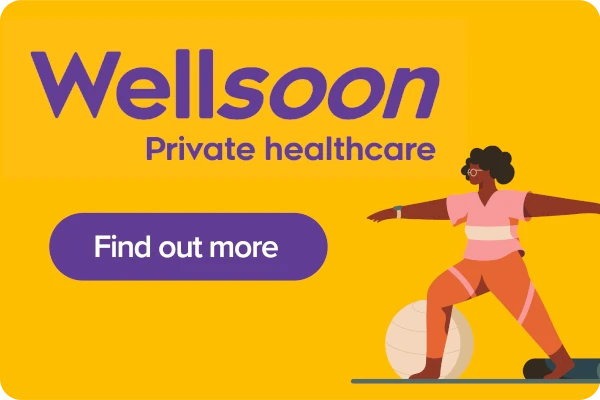Rochdale
| Procedure | Price |
|---|---|
| Laser treatment | £749 |
Southampton
| Procedure | Price |
|---|---|
| Laser treatment | £749 |
Choose the right path for your individual needs.
At Practice Plus Group we offer fast access to high-quality laser eye treatments via self-pay, insured and NHS routes.

| Procedure | Price |
|---|---|
| Laser treatment | £749 |
| Procedure | Price |
|---|---|
| Laser treatment | £749 |
| Procedure | Price |
|---|---|
| Laser treatment | £749 |
| Procedure | Price |
|---|---|
| Laser treatment | £749 |
Laser treatment used for glaucoma works by decreasing the amount of fluid within the eye. This works by either increasing the drainage of fluid out of the eye, or reducing the amount of fluid that is made.
Laser treatment for post-cataract, capsular clouding, is a treatment that is used to improve the vision post-surgery. It is very common and helps to let light pass through the cloudy regions of the lens capsule that may develop after the initial cataract surgery.
Upon the post-operative assessment of cataract, it will be decided whether you would benefit from having laser surgery. For the glaucoma service, if the eye drops are not effective, you may receive laser treatment.
If you have any issues with your vision or are worried, see your optician or GP they can make an assessment and refer you to our services
For glaucoma, the types of laser treatment include:
Laser treatment is carried out in the outpatient department. Local anaesthetic drops are used to numb your eyes – you may just feel a brief twinge of pain during the procedure.
Post-cataract capsular clouding: Your surgeon will carefully direct a laser beam into your eye. The beam will make a hole in the clouded capsule behind the lens, this is repeated to create an opening in the capsule and reduce cloudiness.
Glaucoma laser treatment takes around 20 minutes. Post-cataract laser treatment takes around five minutes.
For glaucoma it is hoped that the pressure control in the eye is improved. For post-cataract capsular clouding there is usually a significant, immediate improvement in vision.
Patients often report an almost overnight improvement in their eyesight, with many returning to activities such as driving and reading with no further eye problems. Many people who have had cataract surgery also find that they rely less on wearing glasses and contact lenses.
A pre-operative assessment is our opportunity to ensure that the procedure for which you have been referred is right for you. We’ll explain your treatment to you and makes sure that you are well enough to go ahead with it. It is also your opportunity to meet the team who will care for you and to ask any questions.
There are 3 ways to access eye laser treatment at Practice Plus Group:
At Practice Plus Group Hospitals we’re passionate about giving patients a positive experience and excellent clinical outcomes, with personalised care every step of the way. Whether you’re paying for yourself or using private medical insurance, with our short waiting times, unrivalled Care Quality Commission (CQC) ratings and high levels of cleanliness and infection control, we’ll make sure you’re looked after. In fact, we were the first provider to have all services rated ‘Good’ or ‘Outstanding’ by the CQC.
Affordable options for funding your own treatment.
With our option of paying for yourself you’ll get high quality, consultant-delivered care without the unnecessary extras. It’s excellent value for money, with no compromise on clinical outcomes.
Hassle free treatment for patients with private medical insurance.
Whether you have your own private health insurance or are covered through your employer, receive expert hospital treatment at Practice Plus Group.
Free high quality healthcare with short waiting times.
Did you know you can choose where you have your free NHS hospital treatment? If you or a loved one needs to see an NHS specialist, you can choose to access Practice Plus Group Hospitals as an NHS patient.
5,000+

treatments carried out last month
Outstanding

or 'Good' ratings by CQC
100%

clean record for hospital acquired infections
99%

of patients recommend Practice Plus Group
You’ll find a wealth of information in our knowledge hub.